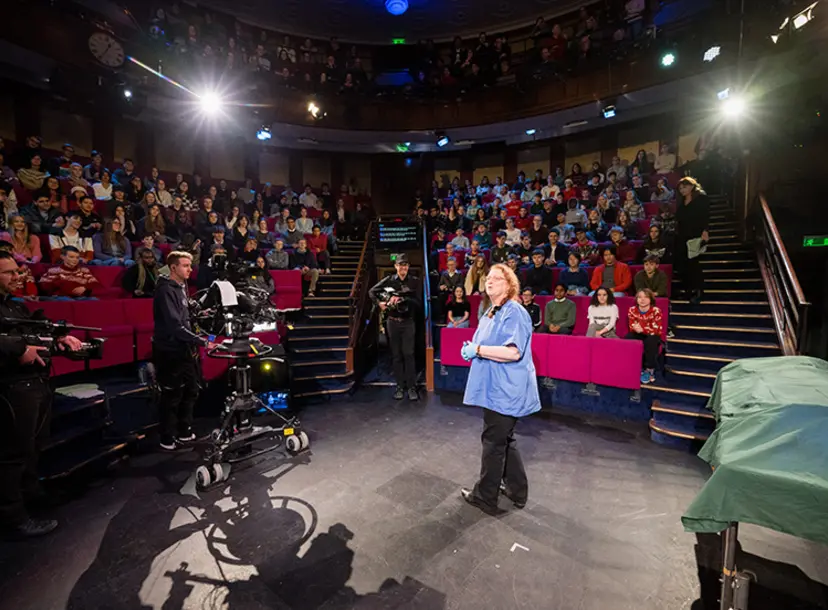The rise of true crime podcasts and the enduring popularity of forensic science in TV drama demonstrates that there is huge interest in forensic anthropology, especially amongst teens. There’s so much fascinating science involved in these topics, so we were thrilled when Sue Black, one of the world’s leaders in the field, agreed to be our Christmas Lecturer in 2022.
But, above all, we wanted to make sure that we considered the wellbeing of both young people and adults who will be watching the programme.
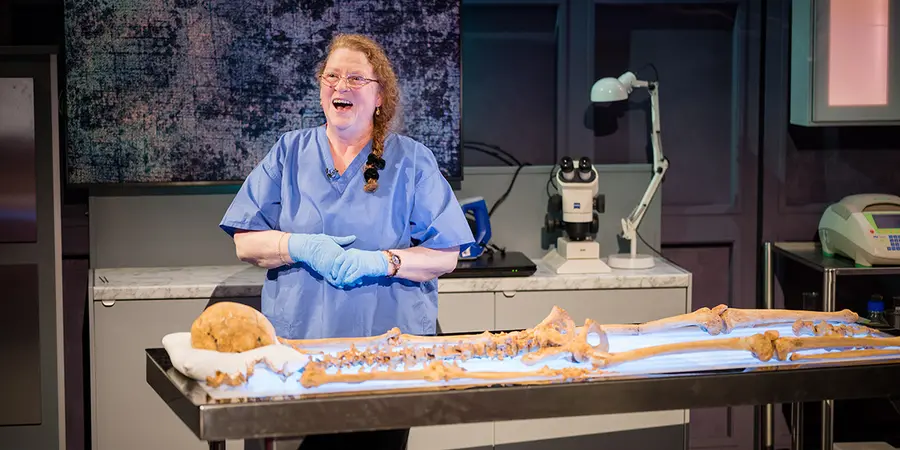
Sue Black herself has huge experience of speaking with children and teens about her field of expertise. Whether it’s through the Royal Society of Edinburgh or directly with schools and festivals, what makes her a great lecturer is her instinctive rapport with young audiences.
She understands what’s compelling science in this potentially disturbing area, but is never trying to shock - only to inform and educate. What comes across in all her work is the humanity. Her goal is to uncover ‘what happened’ to give closure to victims’ families and to help convict perpetrators. So, our first level of trust, was in Sue’s renowned experience and skill.
Of course, we work with thousands of young people every year and so we were able to draw on the experience of our own teams, especially our safeguarding officer. They were involved from the outset in considering the theme of the Christmas Lectures, and advised on script development and demos. We were also able to call on a teacher, a crime writer and an expert in mass casualty events.
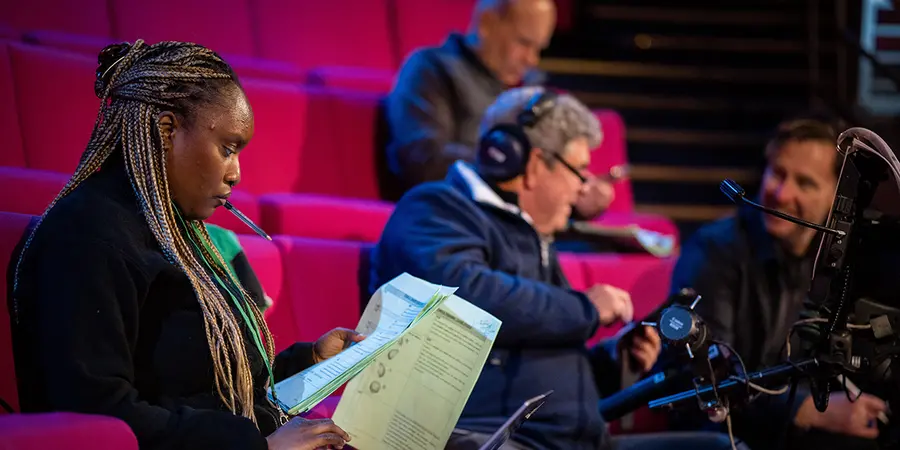
As well as the content of the lectures, there were two additional elements that we considered. Firstly, we wanted to make sure that young people and their parents, carers or teachers had adequate warnings of what to expect and we also wanted to make sure we could provide support to the young people we engaged with directly. Secondly, we had to make sure that the BBC had everything they needed to warn and support the millions who watch the Christmas Lectures on television.
In terms of trigger warnings, we had to start with the basics. All of our invitations to the filming contained reminders of the nature of Sue’s work investigating crime, including murder, working in war zones and natural disasters. And whenever we’ve had young people in the building or online engaging with the topic we’ve flagged specific elements of upsetting content at the start of the session and just before it arises.
For many this will act to enhance their t, but for anyone who has been affected by the issues being discussed, they would have plenty of opportunity to exclude themselves. In considering this, we’re mindful that our audience may have life experience in a domestic context but that there are many who have come, whether as refugees or otherwise, from areas of the world where violence and trauma are part of daily life.
We’ve checked in with our staff and teams to make sure they’re aware of how to seek support if they’re affected, and made sure they’re ready to support any audience needs. We’re also providing a specially trained mental health first aider and a dedicated quiet space within the Ri.
We always aim to let our audience shape our content, so we commissioned two special youth summits involving hundreds of young people, online and in person. We also ran a ‘scratch night’ in the Ri theatre where we tested out prototypes of some of the demos, involving children ages 11 through 17. This gave us lots of insights into how young people feel about forensic science in terms of careers.
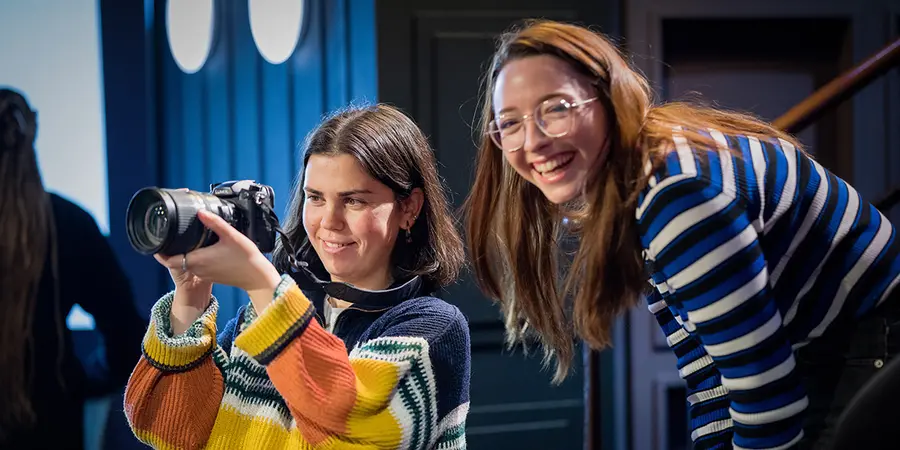
We learned where their trust lies between scientists, police and the media and their opinions on the role of juries in trials. But we also took the opportunity to check in with them, their teachers and in some cases their parents, about the potentially distressing content and how to signal it. We learned a lot about how to frame the stories but overall were reassured that the content was not upsetting or inappropriate.
The stories we tell in these lectures touch the most upsetting and sometimes horrifying aspects of life. But by working with experts and young people we’re able to minimise the risk of harm and enhance the interest and engagement of all of our audience, allowing them to develop science-based critical thinking they can apply to the ever-growing quantity of true crime content young people encounter on social media and TV.
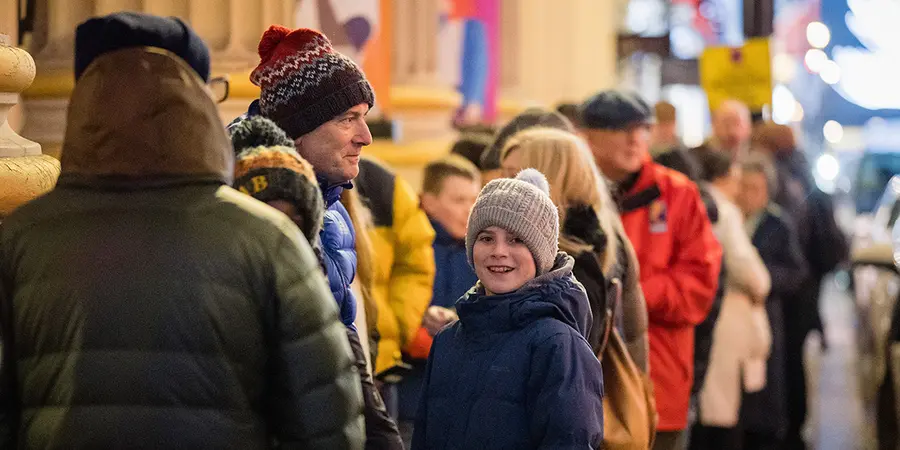
Trigger warnings for the 2022 CHRISTMAS LECTURES
-
Mentions of: death, murder, war, mass casualties and violence.
-
(Fake) blood spatter for the purpose of demonstrating crime scene analysis.
-
Real skeletons and bones, both human and animal.
Find support
If you are affected by any of the issues discussed in these lectures and want to seek help or support, the charity Mind provides a list of mental health helplines.
You can also find information and support through the BBC Action Line.
When and where to watch
The 2022 Christmas Lectures will air on BBC Four and iPlayer at 8pm on 26, 27 and 28 December.
The lectures will be available for catch up on iPlayer. Ri friends from overseas will have access to these Christmas Lectures around February, when they will be released worldwide through our website.
